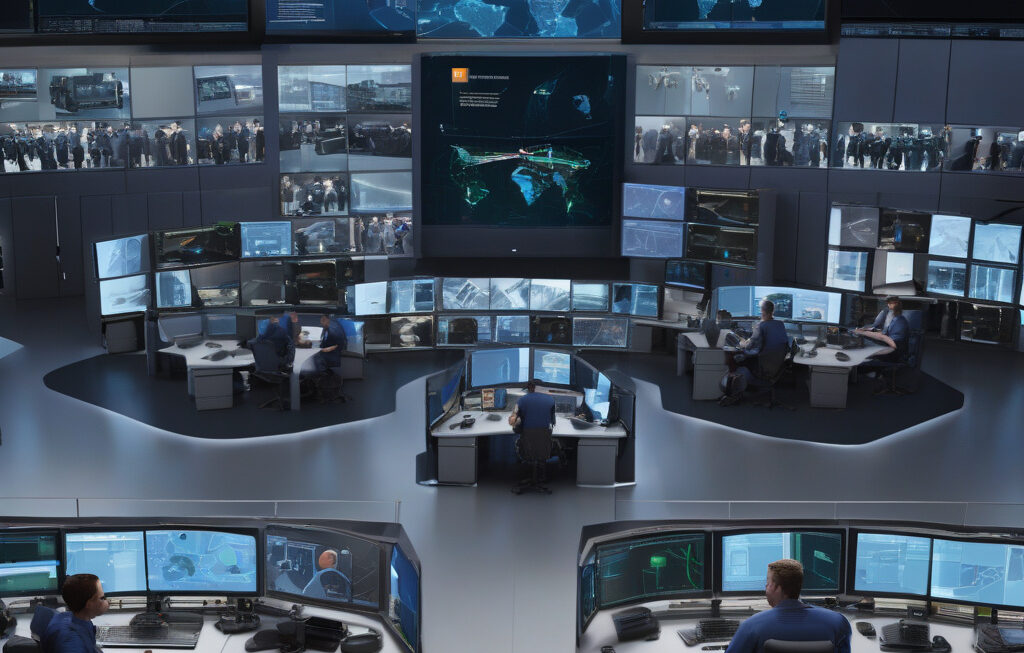Cyberattack Keeps JLR Factories Shut: Hackers Claim Responsibility
Production halts stretch into next week as JLR investigates a crippling cyber incident. The automotive industry faces yet another challenge as Jaguar Land Rover (JLR) struggles to resume operations following a devastating cyberattack. The British car manufacturer has been forced to shut down its factories as hackers claim responsibility for the malicious breach.
The cyber incident has left JLR scrambling to assess the extent of the damage and implement measures to restore normal operations. With production disruptions expected to persist into the following week, the automaker faces significant financial losses and reputational damage. The repercussions of such a cyberattack extend beyond the immediate halt in manufacturing, impacting supply chains, customer orders, and overall productivity.
In today’s hyper-connected world, cyber threats pose a growing risk to businesses across all sectors. The automotive industry, with its reliance on digital systems for design, production, and distribution, is particularly vulnerable to cyberattacks. As vehicles become increasingly connected and autonomous, the potential for malicious actors to exploit vulnerabilities in software and networks also grows.
The JLR cyberattack serves as a stark reminder of the importance of robust cybersecurity measures in safeguarding critical infrastructure and sensitive data. Companies must invest in state-of-the-art cybersecurity technologies, conduct regular risk assessments, and provide comprehensive training to employees to mitigate the risk of cyber threats. Prevention is key in today’s digital landscape, where a single breach can have far-reaching consequences.
In the wake of the cyber incident, JLR is working tirelessly to identify the perpetrators and strengthen its cybersecurity defenses to prevent future attacks. The company’s response to the breach will be closely scrutinized, as stakeholders assess its ability to protect sensitive information and maintain business continuity in the face of evolving cyber threats.
The JLR cyberattack underscores the urgent need for collaboration among industry players, government agencies, and cybersecurity experts to combat cyber threats effectively. Information sharing, threat intelligence sharing, and coordinated response strategies are essential in staying one step ahead of cybercriminals who are constantly seeking to exploit vulnerabilities for financial gain or malicious intent.
As JLR navigates the aftermath of the cyberattack and works towards restoring normal operations, the incident serves as a wake-up call for the automotive industry and beyond. Cybersecurity must be a top priority for businesses of all sizes, as the consequences of a successful cyberattack can be devastating. Investing in cybersecurity is not just about protecting data and systems; it is about safeguarding the future of the business and maintaining the trust of customers and partners.
The JLR cyberattack is a stark reminder of the ever-present threat of cybercrime and the need for proactive cybersecurity measures. As businesses continue to digitize and embrace new technologies, the risk of cyberattacks will only increase. By taking cybersecurity seriously and adopting a proactive approach to threat detection and prevention, companies can mitigate risks and ensure business continuity in an increasingly digital world.
#Cybersecurity, #JLR, #AutomotiveIndustry, #CyberAttacks, #BusinessContinuity












